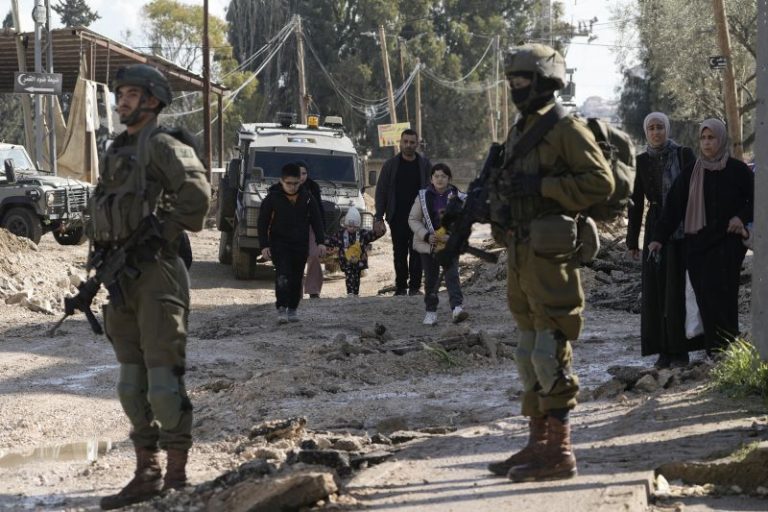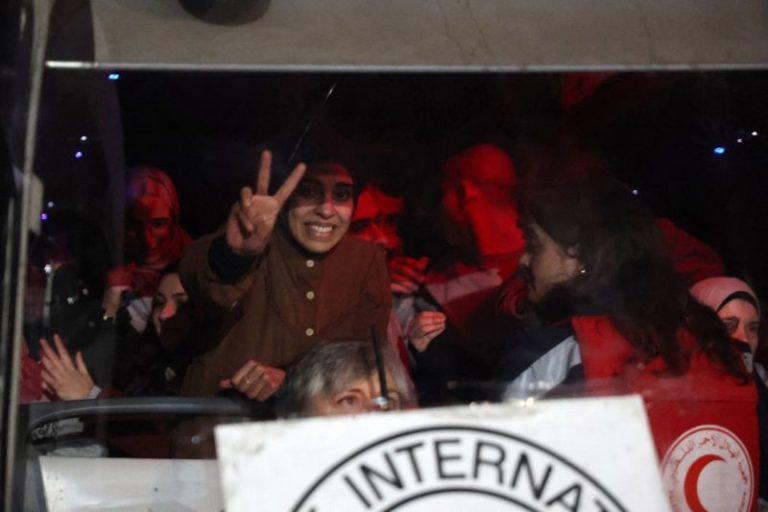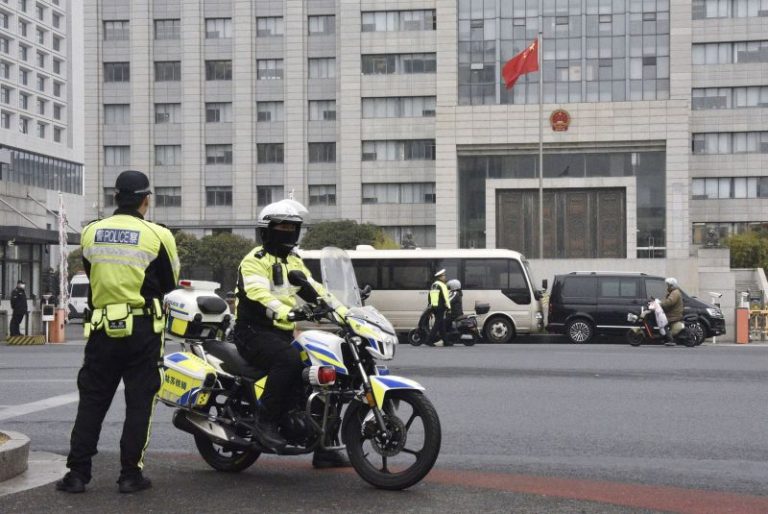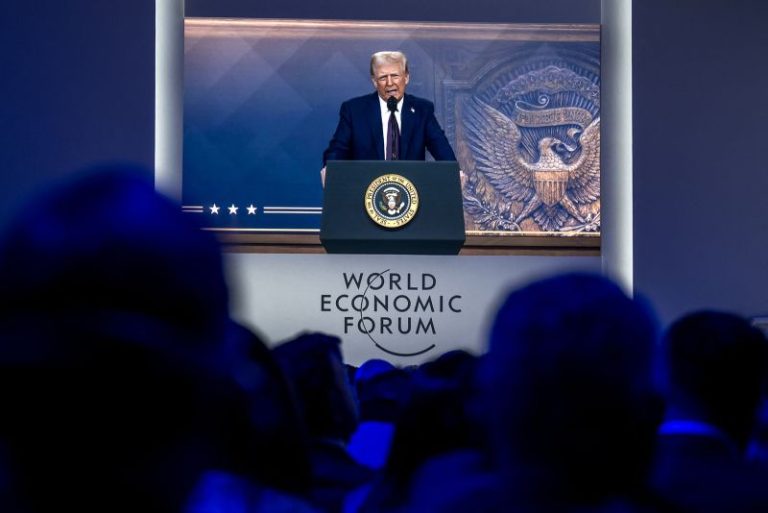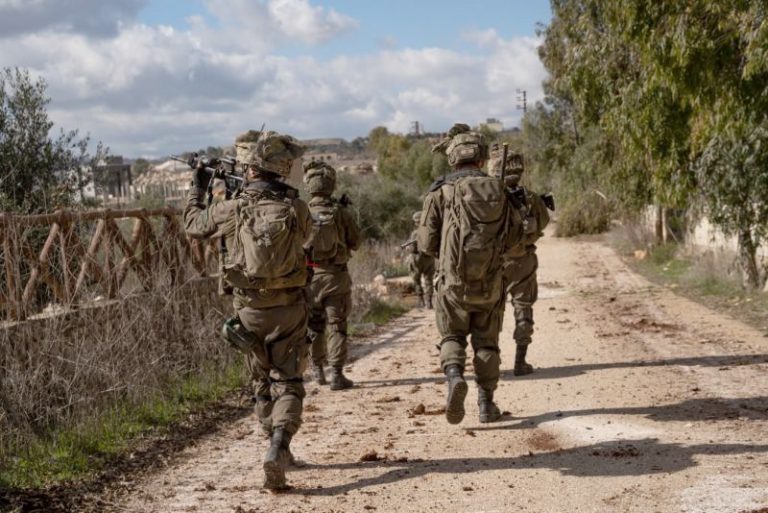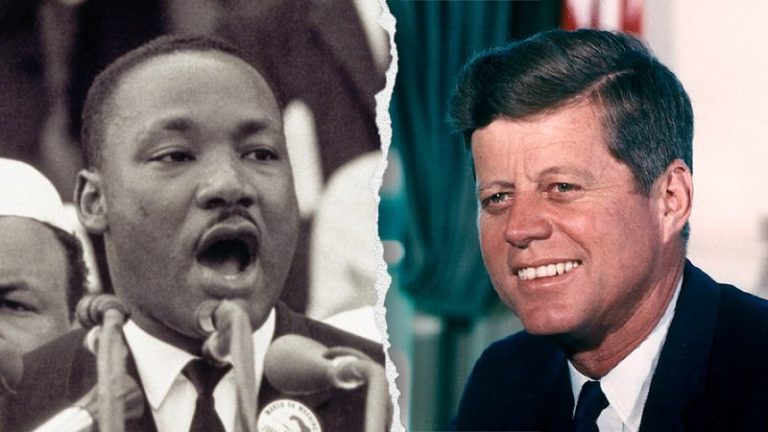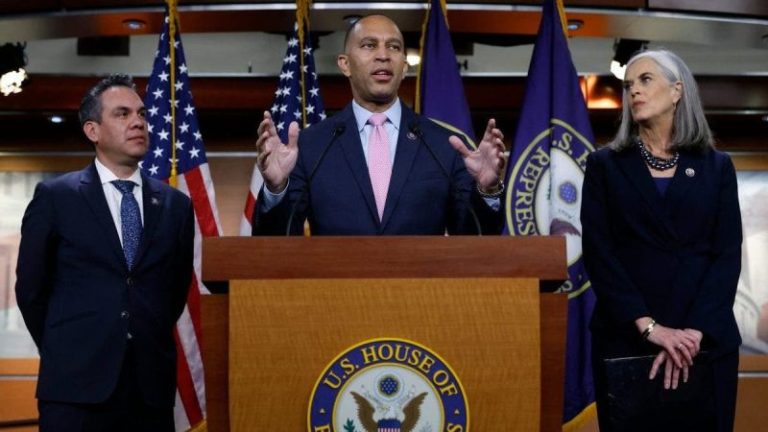The Israeli military has intensified operations across the occupied West Bank, targeting Palestinian militant cells, imposing roadblocks and cutting communities off from the outside world.
The sudden expansion of Israeli security operations in the West Bank has killed at least 10 people and follows the start of the delicate ceasefire process in Gaza, by which Israeli hostages are released in stages and will also see the gradual withdrawal of Israeli forces.
The move also comes as the Israeli right, and many in the settler movement, feel emboldened by the words of some officials in the Trump administration who have suggested Israel has the right to annex much or all of the West Bank, home to more than three million Palestinians.
What’s happening in the West Bank
Israeli Defense Minister Israel Katz has spoken of a new dynamic in the West Bank, saying the military will adopt tactics learned in the Gaza offensive in its efforts to eradicate militant groups and, in his words, “ensure that terrorism does not return.”
The Jenin refugee camp in the north of the West Bank, a sprawling area of narrow alleys that has long been a bastion of militant factions, is front and center of the Israel Defense Forces’ (IDF) latest campaign.
Katz said Tuesday that Operation “Iron Wall” would “eliminate terrorists and terror infrastructure in the camp, ensuring that terrorism does not return to the camp after the operation is over – the first lesson from the method of repeated raids in Gaza.”
The latest IDF operations have involved building more roadblocks across the West Bank. The Colonization and Wall Resistance Commission said Thursday there are now nearly 900 military checkpoints, including more than 173 iron gates installed since October 2023.
Al-Roub said the IDF operation was “one of the biggest and most intense” yet launched: “We are talking over 20,000 people have been displaced. Many have been arrested.”
Palestinian television reported Thursday that the IDF had established roadblocks near Ramallah and sealed off one village in the area. Additionally, it said military checkpoints in the Nablus area had been reinforced, leaving thousands of people stranded amid lengthy waits.
People were also unable to leave Jericho, where military checkpoints had been closed. Palestinian journalists reported Thursday that tear gas had been used against people waiting at a Jericho checkpoint.
One woman had died of a heart attack at a checkpoint near Hebron after the IDF prevented her from being transferred to hospital, the Palestinian Ministry of Health reported Wednesday.
“Most of the movement from the south and north of the West Bank is paralyzed while illegal Israeli settlers move freely and continue to attack Palestinian cars on the roads,” he said.
“We are seeing disturbing patterns of unlawful use of force in the West Bank that is unnecessary, indiscriminate and disproportionate. This echoes the tactics Israeli forces have employed in Gaza,” said Angelita Caredda, Middle East and North Africa regional director for the Norwegian Refugee Council (NRC).
The IDF said Thursday that the checkpoints were “a tool we use in the fight against terror, enabling civilian movement while providing a layer of screening to prevent terrorists from escaping.”
How does the ceasefire affect the situation in the West Bank?
The operation began two days after the first stage of the Gaza ceasefire began and demonstrates a shift in the Israeli government’s focus.
Far-right Finance Minister Bezalel Smotrich said Tuesday: “We have begun to change the security concept in Judea and Samaria [the Biblical term many Israelis use to describe the West Bank] and in the campaign to eradicate terrorism in the region.”
He also claimed the cabinet had decided that security in the West Bank had become an official war goal for Israel. The Prime Minister’s Office did not confirm the move.
The truce in Gaza has allowed Israeli security forces to concentrate on the West Bank, where groups aligned with Hamas have become more active. There is a risk, however, that intensive Israeli military action across the West Bank will put the Gaza ceasefire under strain.
Katz has frequently alleged that Iran is behind the surge in militant activity in the West Bank and is supplying weapons to the groups.
“We will not allow Judea and Samaria to become like Gaza or southern Lebanon… We will act to cut off Iran’s tentacles in the refugee camps in the West Bank and ensure the security of the communities and residents.”
Israeli officials have said that the Palestinian Authority (PA) has been unable to confront and subdue militant groups. An operation in December by the Palestinian security forces against militants in Jenin yielded little progress. The militant factions include the Al Aqsa Martyrs’ Brigade, Palestinian Islamic Jihad and the Qassem Brigades, who together fight under the banner of the Jenin Battalion.
Israel’s Channel 11 quoted a senior military source Thursday as saying, “The PA did what they could. We recognized the need to act against the terrorists’ capabilities, we are no longer waiting for their intentions. Our goal is to neutralize the Jenin battalion.”
How the Trump administration affects dynamics
To some right-wing Israelis, the advent of the Trump administration – along with success in degrading Hamas and Hezbollah – provides a unique opportunity to extend Israeli superiority in the region.
During his first term, Trump abandoned the long-held US stance that settlements are illegal; Biden restored it. Several of Trump’s nominees have suggested Israel has the right to annex the West Bank.
More than 500,000 Jewish settlers live in the Israeli-occupied West Bank, which was captured by Israel from Jordan in the 1967 war. Jewish settlements there are considered illegal under international law.
Elise Stefanik, who is slated to become the new US ambassador to the United Nations, said Tuesday she agreed with the view that Israel has “a biblical right” to annex the West Bank. Mike Huckabee, who is expected to become US ambassador to Israel, has said in the past that there is “no such thing as a Palestinian.”
On Monday, the day he took office, Trump rescinded sanctions imposed by the former Biden administration on far-right Israeli settler groups and individuals accused of being involved in violence against Palestinians in the occupied West Bank.
Anti-Palestinian violence by extremist settlers has become a near-daily occurrence in the West Bank. In 2024, the UN documented 1,420 incidents of settler violence resulting in casualties and/or property damage in the West Bank, including East Jerusalem.
Some of those responsible were arrested, but the Israeli Defense Ministry last week decided to release Jewish settlers held under what’s known as administrative detention “in light of the expected release of terrorists to the territories of Judea and Samaria,” under the terms of the Gaza ceasefire deal.
Katz said the decision to release the settlers would “send a clear message of strengthening and encouraging settlement, which stands at the forefront of the struggle against Palestinian terror and growing security challenges.”
Correction: This story has been updated to correct Mike Huckabee’s previous comments about Palestinians.

